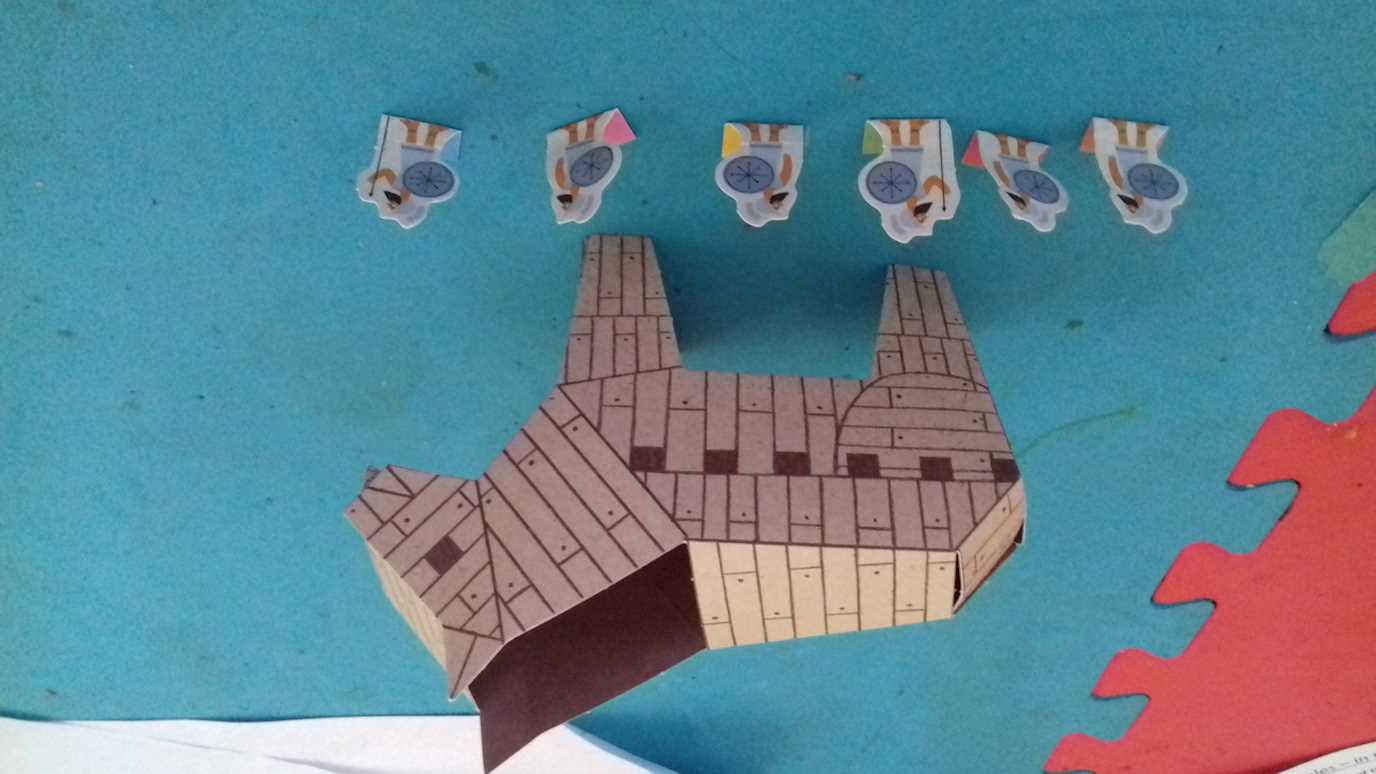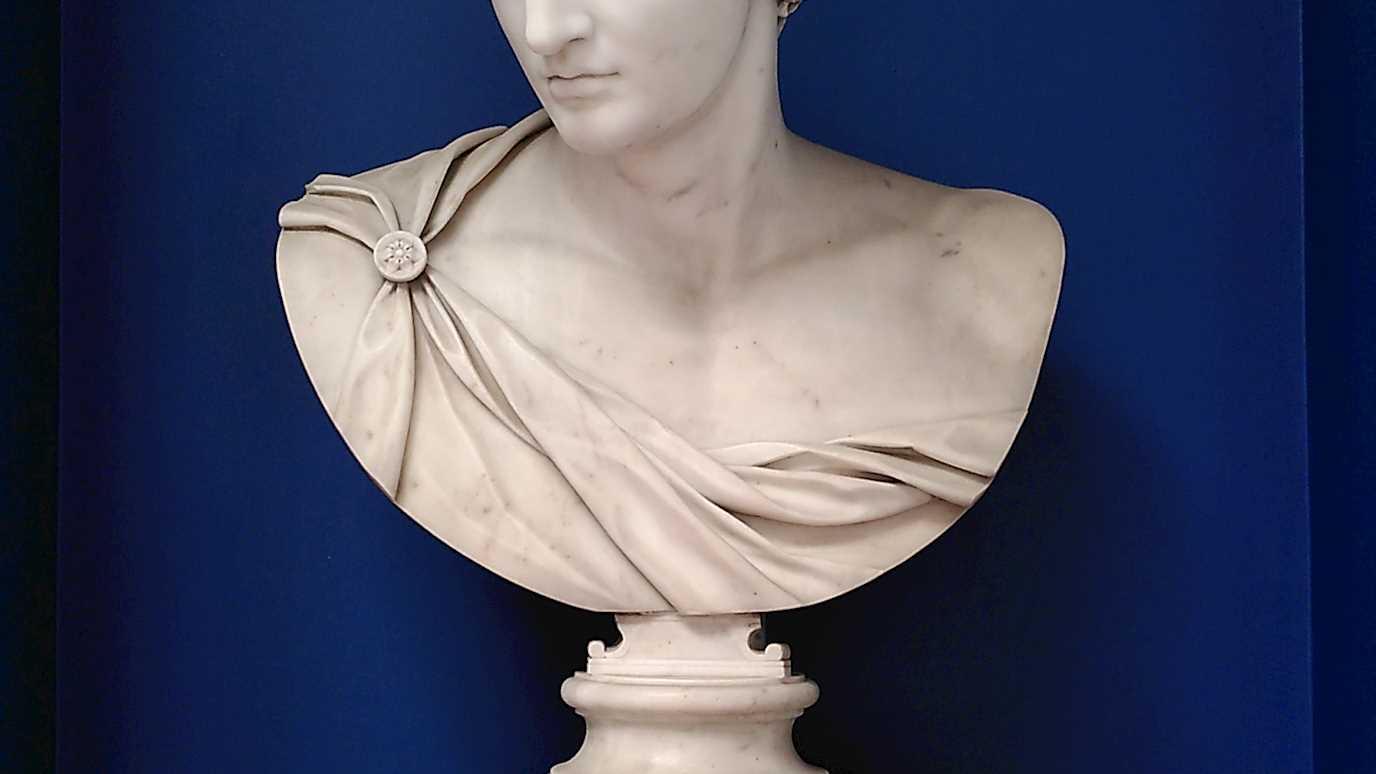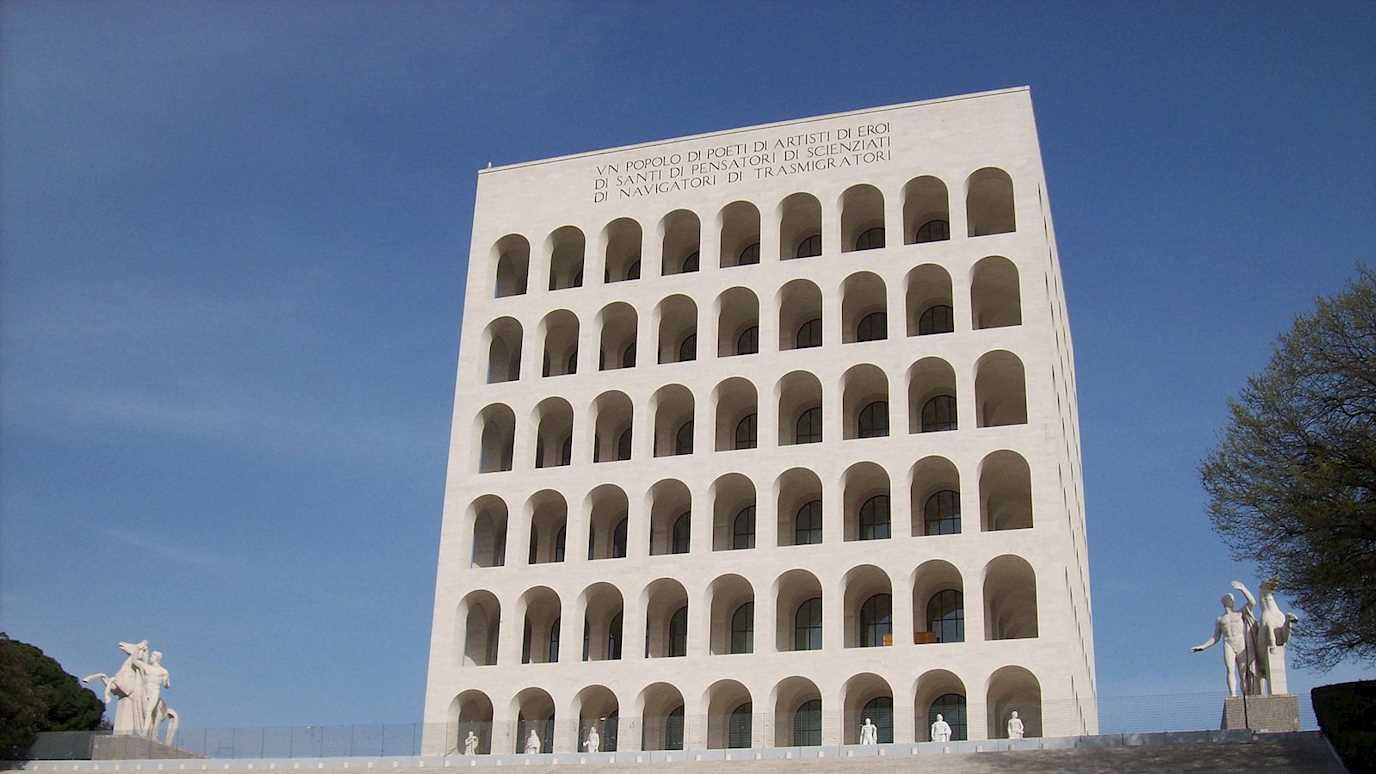The evolution of Harrison's version runs in parallel with the academic project Adventures with Iphigenia: Euripides' Black Sea Tragedy in Historical Perspective
Edith Hall is beginning the research for a new study of the impact of Euripides' now neglected tragedy Iphigenia among the Taurians, to be published by OUP New York and presented as work in progress in conjunction with the Onassis Series in Hellenic Culture in lectures during 2010 and 2012: see http://www.onassisusa.org/usp.series.htm. This Iphigenia is the nearest thing to a 'quest heroine' in ancient drama: intelligent, courageous, and specially loved by the goddess Artemis, she secures her escape, with her brother Orestes, from the remote corner of the Black Sea (near Sebastopol in the modern Crimea), in the land of the Taurian barbarians where they have both been stranded. This book examines the cultural impact of her remarkable tragedy from its first performance in the penultimate decade of the fifth century BCE to the third millennium. In the first six of twelve chapters, the importance of her adventures in cultural history are traced from fifth-century Athens and the cult of Artemis in Attica, through the fourth-century export of Greek tragedy across the Mediterranean world as reflected in vase-painting, to the drama and theatre of Republican and Augustan Rome, the wall-paintings of Pompeii and the sarcophagi carved across the Roman Empire, to the escapades of heroines in the ancient novel, the comic theatre of Oxyrhynchus and the tirades against human sacrifice and pagan mythology to be found in the early Church fathers.
The second half picks up the story in the Renaissance, and follows Iphigenia's adventures in opera, dance, spoken theatre, the visual arts, and poetry, across every continent of the modern world. Although this play inspired high-profile adaptations by Goethe and Gluck, the original Euripidean version did not receive its UK premiere in 1887 at Bedford College, London, later to be merged with the CRGR's own Royal Holloway.
It is hoped one day to see a new translation of the play performed in the ancient theatre at Chersonesos in the western Crimea; the poet and dramatist Tony Harrison has agreed to collaborate provisionally, with the Black Sea archaeologist David Braund to act as our consultant. At the end of the journey it is hoped that something will have been added to our understanding of the diffusion and continuing cultural influence of ancient Hellenic myth and drama, as well as an answer provided to the question of why this particular play was so beloved by the inhabitants of the pagan ancient Mediterranean themselves. IT's central interests seem always to have been, as they are today, female intelligence, male friendship, family reunion, ethnic difference, religious ritual, exile, escape, and survival.
Chapter Titles
- Iphigenia in Attica: Aide to Artemis
- Iphigenia in the Black Sea: Colonial Encounter
- Iphigenia in South Italy: Intriguing Spectacles
- Iphigenia in Rome and Tomi: Roman Men and their Emotions
- Iphigenia in Oxyrhynchus and India: Greek Tragedy for Everyone
- Iphigenia across the Roman Empire: Prose Transformations
- Iphigenia in the Florentine Renaissance: Greek Page to Italian Stage
- Iphigenia in Enlightenment Paris and London
- Iphigenia in St Petersburg: the Russian Annexation of Tauride
- Iphigenia in Weimar: Goethe, Gender, Colonialism, and Classicism
- Iphigenia in the Avant-Garde Dance Theatre
- Iphigenia in the Global Village



























